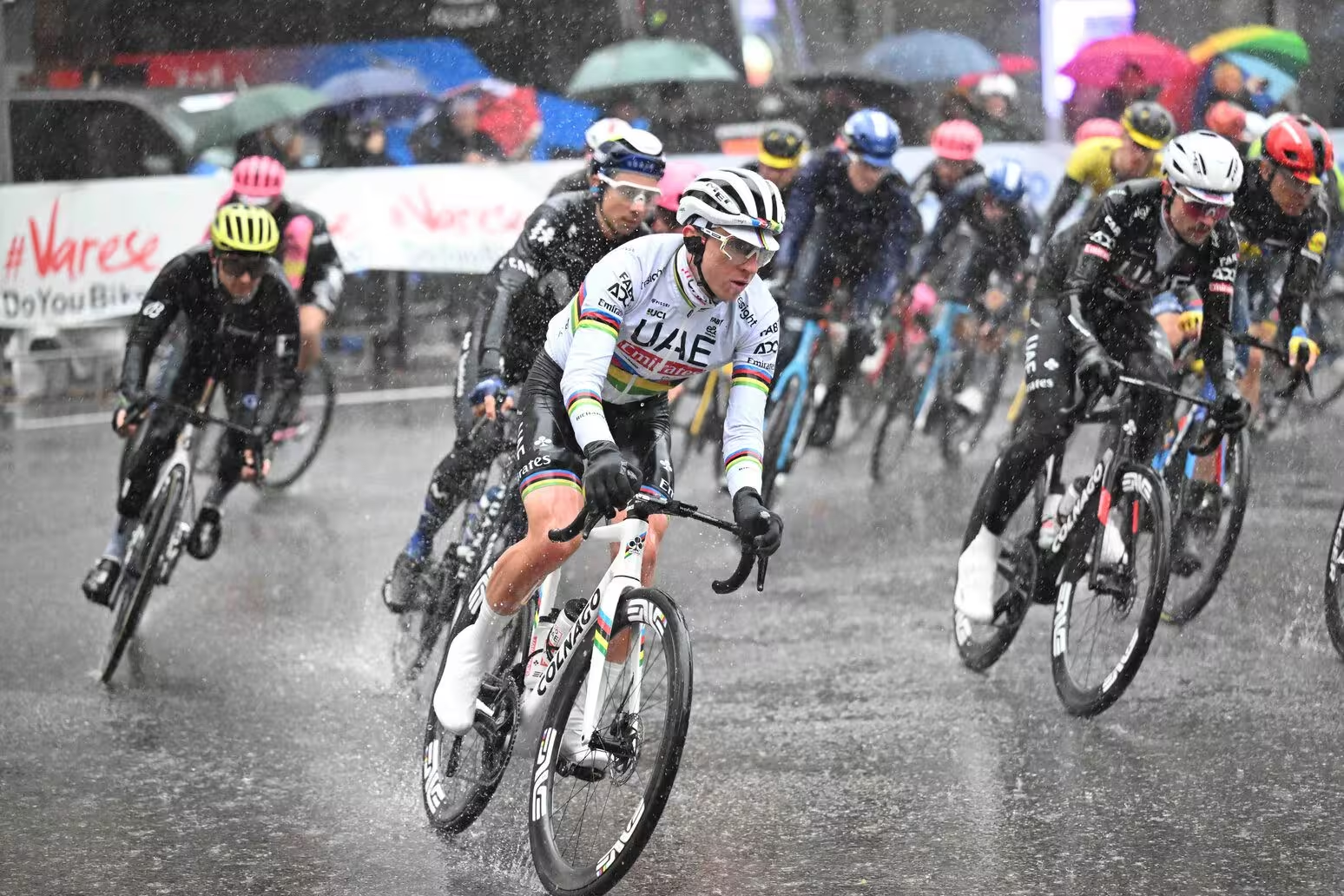On the eve of Il Lombardia, Tadej Pogačar was asked to comment on recent remarks by Tour de France boss Christian Prudhomme regarding doping suspicions. “Given the recent history of cycling, the question is not illegitimate,” Prudhomme emphasized, noting that he would not be surprised or disappointed if evidence of cheating were ever revealed, highlighting the ongoing challenges the sport faces in ensuring fair competition.
Reflecting on Pogačar’s approach, Prudhomme drew parallels to legendary cyclists like Eddy Merckx and Bernard Hinault. He remarked, “We are seeing champions who are present from the beginning to the end of the season, with the desire to win everything. This makes him resemble Merckx and also Hinault. For years, I’ve heard Bernard say that riders need to rediscover the joy of racing. And that’s exactly what Pogačar is doing.”
Confident with doping controls
As discussions about doping continue, Prudhomme reinforced that stringent measures are in place. He noted, “Controls exist; we fought with ASO to have independent checks, and today that is the case with ITA.” While he admires Pogačar’s remarkable energy and performance, the shadow of past scandals remains in the cycling world.
After winning the road worlds in dominant fashion and thereby taking the Triple Crown—becoming the first male rider to do so since Stephen Roche in 1987, following Eddy Merckx, who achieved it in 1974 by winning the Tour de France, the Giro d’Italia, and the world championship—skepticism has arisen among fans and officials alike due to the extraordinary nature of his wins.
On Friday, when asked by reporters about these suspicions, Pogačar said he would never dope as he didn’t want to risk getting sick.
“Cycling is a victim of its past, but it would be stupid to risk your health for 10 years of a career,” Pogi, the favourite for Saturday’s race, said to ANSA. “There will always be jealousies and suspicions; so I can’t do anything about it. These stories of domination exist everywhere, in business as in sport. It lasts a few years until a new talent arrives. If you go and put your health at risk for 10 years of your career, it’s like throwing away your life: I don’t want to risk getting sick.”
Click Here to Read the Full Original Article at Canadian Cycling Magazine…

